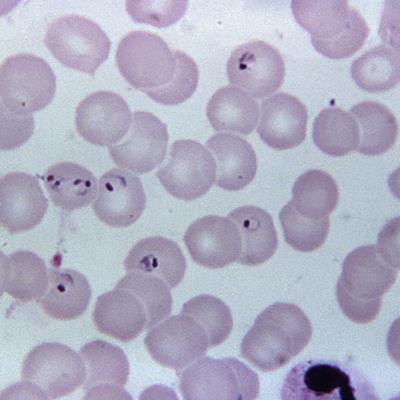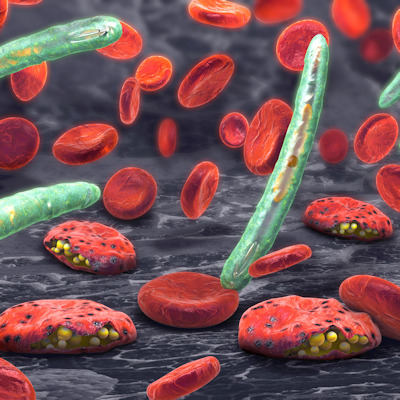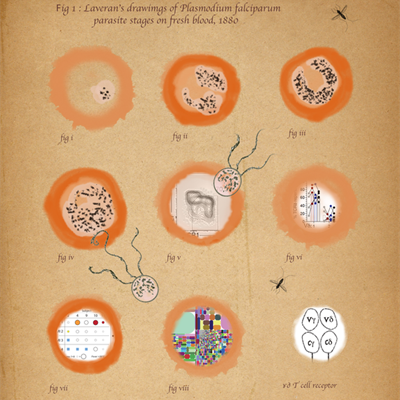March 14, 2023 -- The Global Health Innovative Technology (GHIT) Fund on Monday announced approximately $1.9 million (260 million yen) in funding for the research and development of a new malaria drug.
The funds are aimed at supporting the identification of multiple promising compounds in the early stages of research and development.
Specifically, GHIT Fund will provide approximately $970,000 to Shionogi & Co, Nagasaki University, and Medicines for Malaria Venture (MMV) for a project to develop new antimalarial drugs. It will further provide approximately $960,000 to Takeda Pharmaceutical and MMV for synthetic research on novel antimalarial drugs.
"In particular, GHIT Fund has high expectations for the highly unique industry-academia collaboration between Shionogi and Nagasaki University aimed at developing a new antimalarial drug, a partnership based on the 'comprehensive collaboration in the field of infectious diseases centered on malaria,' which was launched in February 2019," Dr. Osamu Kunii, GHIT Fund CEO, said in a statement.
The GHIT Fund is a Japan-based international public-private partnership fund between the Government of Japan, multiple pharmaceutical companies, the Bill & Melinda Gates Foundation, the Wellcome, and the United Nations Development Programme (UNDP).
Malaria affects approximately 250 million people annually worldwide and was responsible for approximately 620,000 deaths in 2021. By 2030, the World Health Organization (WHO) has a target for reducing global malaria infections and deaths by at least 90% from 2015 levels, and has a goal to ultimately eliminate malaria. However, recent progress in reducing annual deaths has stalled due to complications caused by the COVID-19 pandemic.
Copyright © 2023 scienceboard.net











